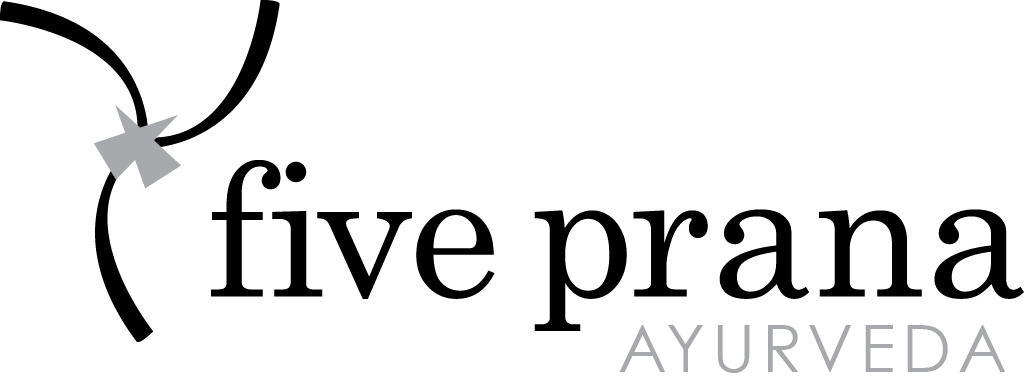What Is Ayurveda?
/Ayurveda is an Indian healing science that is over 5,000 years old. Some consider it to be the oldest form of medicine in the world. “Ayur” means life and “veda” means science or wisdom. So Ayurveda means the “science of life” or the “wisdom of life.”
The wisdom of Ayurveda is derived from ancient scriptures called Vedas, which are over 10,000 years old. The Vedas required a great deal of contemplation and study in order to understand, and were interpreted by sages who compiled the Ayurvedic “manuals” of the Charaka Samhita, Sushruta Samhita, Ashtanga Hridayam and Ashtanga Sangraha. These texts outline recommendations and routines for how to live a healthy and long life. It teaches us how to live in harmony with nature and with the cycles of life.
When the great Ayurvedic Physicians Charaka and Sushruta interpreted the Ayurvedic information from the Vedas and each wrote Samhitas which are collections of medical teachings or sacred texts. These Samhitas are written as stanzas of prose and Ayurvedic Physicians still memorize and lyrically recite them. In fact my teacher Dr. Lina Thakar thought me Ayurveda through these ancient texts and would sing the Sanskrit stanzas and then translate these lines into English.
In this same way, I want to share the Ayurvedic definition of health with you.
Sama Dosha
Sama Agni
Sama Dhatu
Mala Kriya
Prasanna Atma Indirya Mana
Swathya Itya bhid heeyate
Sama means balanced. Dosha means your individual constitution or your mind/body type. So you want to have a balanced constitution. Agni means digestive power or digestive fire. So balanced digestion. Dhatu means bodily tissues like blood, muscle, bone, adipose tissue. So balanced bodily systems and tissues. Mala Kriya. Mala means waste product so urine, sweat and feces are the waste products of the body and tears and dreams are the waste products of the the mind. Kriya means expel, eliminate. So Mala Kriya means proper elimination of waste products. Prasanna means happy or blissful state. Atma means soul. Indriya means senses. And Mana means mind. So Prasanna Atma Indriya Mana means a soul, senses and mind that are full of bliss. Swathya means healthy state. Itya Bhid Heeyate means protects health, prolongs life and eliminates diseases. Thusly, Ayurveda defines health as having a balanced constitution, digestion, bodily systems and tissues, proper elimination and a blissful mind, soul and senses and that this balanced state protects the health, prolongs the lifespan and eliminates disease.
This definition of health takes into account not only the body but the mind and soul as well. Ayurveda treats the whole person. It presents each of us with a comprehensive way of life that encourages balance in all aspects of living. Ayurveda teaches us how to harmonize with age, change of the seasons, environment, lifestyle, and diet and how to live in optimal health through everyday lifestyle routines. One of the most important aspects of Ayurveda is its capacity to facilitate self-healing. It show us that we have the innate ability to heal ourselves. That is so empowering. We all have the control and the power to heal our own bodies.
If you would like to learn more about how Ayurveda can bring balance to your body, mind and spirit, please schedule a session with us.


